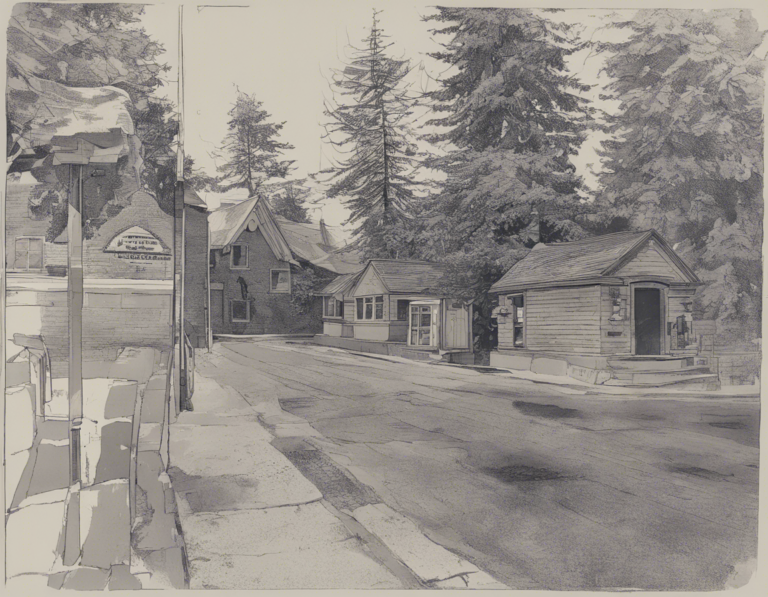
Redesigning and reconstructing your living space can be an exciting project; however, it’s essential to consider the environmental impact of your renovation. Sustainable and eco-friendly practices can not only reduce your carbon footprint but also lead to a healthier living environment. If you’re planning to reconstruct your den while keeping the planet in mind, here are some valuable tips to help you create an eco-friendly space.
Assess Existing Materials and Upcycle Where Possible
Before starting your den reconstruction, assess the existing materials in the space. Upcycling is a fantastic way to give a new life to old items and reduce waste. Furniture pieces can be refurbished, repainted, or reupholstered to fit your new design theme. Consider salvaging wood, tiles, or fixtures that can be repurposed creatively. Upcycling not only saves money but also promotes creativity and reduces the consumption of new resources.
Choose Sustainable Materials
When selecting new materials for your den reconstruction, opt for sustainable and eco-friendly options. Look for FSC-certified wood to ensure it comes from responsibly managed forests. Bamboo is an excellent alternative to traditional hardwood, as it is fast-growing and renewable. For flooring, consider sustainable options like cork, reclaimed wood, or recycled materials such as Eco-Tiles made from glass, porcelain, or ceramic. These choices can significantly reduce the environmental impact of your project.
Energy-Efficient Lighting
Lighting plays a crucial role in creating the right ambiance in your den. Opt for energy-efficient LED bulbs that consume less electricity and have a longer lifespan than traditional incandescent bulbs. Install dimmer switches to adjust light levels based on your needs and maximize energy savings. Consider utilizing natural light whenever possible by strategically placing windows or skylights to reduce the need for artificial lighting during the day. This not only saves energy but also enhances the overall well-being of the occupants.
Invest in Smart Technology
Integrating smart technology into your den reconstruction can make your space more energy-efficient and convenient to manage. Smart thermostats, for example, can regulate heating and cooling systems based on occupancy and usage patterns, reducing energy wastage. Smart lighting systems allow you to control lights remotely and set schedules to minimize unnecessary usage. Consider investing in energy-efficient appliances with high Energy Star ratings to further reduce your carbon footprint.
Proper Waste Management
Proper waste management is a critical aspect of any eco-friendly reconstruction project. Minimize waste by planning ahead and accurately estimating the materials you need. Donate usable items or materials to local charities or recycling centers instead of sending them to the landfill. Sort and separate waste into recyclables, compostables, and non-recyclables to ensure proper disposal. Consider investing in recycling bins and composting systems to make waste separation easier and more efficient.
By incorporating these tips into your den reconstruction project, you can create a stylish and sustainable living space that benefits both you and the environment. Remember that small changes can make a significant difference in reducing your ecological footprint and promoting a greener future.
Frequently Asked Questions (FAQs)
1. What are some eco-friendly flooring options for a den reconstruction?
Some eco-friendly flooring options include bamboo, cork, reclaimed wood, and Eco-Tiles made from recycled materials.
2. How can I make my den more energy-efficient?
You can make your den more energy-efficient by using LED lighting, smart technology for heating and lighting, and ensuring proper insulation.
3. Is it expensive to create an eco-friendly den?
Creating an eco-friendly den can be cost-effective in the long run due to energy savings and the use of sustainable materials that are often durable and long-lasting.
4. How can I reduce construction waste during a den reconstruction?
To reduce construction waste, plan ahead, upcycle existing materials, donate usable items, and properly sort and separate waste for recycling and composting.
5. Are there government incentives for eco-friendly home renovations?
Some governments offer incentives or tax credits for eco-friendly home renovations, such as rebates for energy-efficient appliances or solar panel installations.